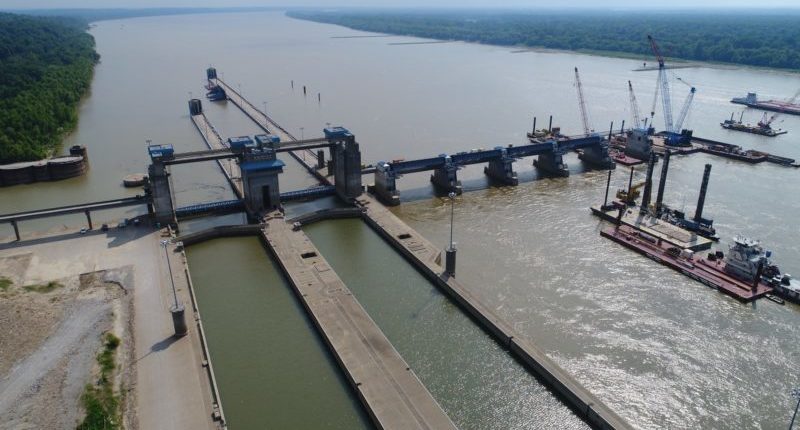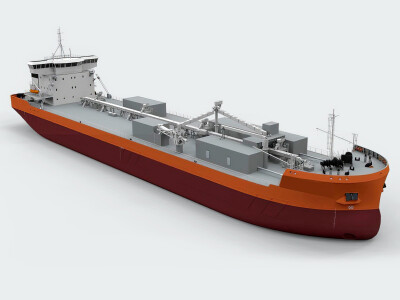I’ve attended many meetings of waterways organizations over the years and it always struck me as a little strange to see lots of colonels and generals as keynote speakers or mixing with the tug and barge operators, sharing a laugh or a serious discussion about a certain lock or dam. While it seemed quite normal to see the Coast Guard folks in the mix, the Army presence appeared a bit odd when thinking about inland waterways.
But under the current structure of federal oversight, the U.S. Army has an overarching role in maintaining, building and operating the nation’s river lock and dam system through the Army Corps of Engineers civil works program. These officers are professional engineers as well as seasoned Army officers who have been just as comfortable building the local police and army in war-torn Afghanistan as they are overseeing construction of the Olmsted lock and dam in Illinois, the largest and most costly river navigation project ever built.
That’s the way it’s been for some 200 years, but under a new proposal by the Trump administration, the Corps’ civil works program would say goodbye to the Defense Department and hello to the Department of Transportation, which would become its new parent agency.
This civil works transfer is just one of many proposals contained in a new government reform plan released June 21 by the Office of Management and Budget. “Delivering Government Solutions in the 21st Century,” says that moving commercial navigation and dredging activities to DOT would unify all federal transportation programs under one roof, leading to more efficient and streamlined programming, permitting and oversight and more consistent policies. The DoD, the plan says, should stick to national defense programs.
“This consolidation would leverage DOT’s expertise in infrastructure and make DOT’s maritime responsibilities analogous to its role in other transportation sectors. In the maritime sector, DOT’s mission would expand to helping states and non-federal partners makes infrastructure investment decisions,” the report notes.
Also recommended is moving the Corps’ civil works responsibilities for water resources infrastructure, such as flood control and aquatic ecosystem restoration, to the Interior Department, and privatizing management of locks at the St. Lawrence Seaway to “allow them to better assess fees based on actual usage of their systems.”
“During the last century, (the Corps’) role has continued to creep and creep,” Mike Mulvaney, OMB director, said during a cabinet meeting announcing the plan. “Deepwater ports and our locks, they used to be a military thing a 100 years ago, but they should belong in DOT because they are a transportation item.”
DOT would also take on the Coast Guard’s responsibilities for permitting bridge alterations and aids to coastal navigation - which has been a USCG role for more than 200 years. Again, the idea to “better align those functions with similar functions already carried out” by DOT. Presumably, these tasks would be done by the Maritime Administration, which is part of DOT.
Such recommendations would have to first past muster in Congress, where opinion is divided along party lines and where lawmakers don’t seem to have a big appetite to launch an extensive federal shakeup during an election year. “It likely won’t gain traction” in Congress, Debra Calhoun, vice president at the Waterways Council, Inc., told me, adding that her group hasn’t taken a position on such a transfer.
In addition, it should be noted that previous administrations and Congress have tinkered with their own government restructuring plans, and not much has changed, and that Congress has not agreed with other Trump administration waterways proposals to charge user fees, cut the Coast Guard budget or trim spending for inland navigation.
A good argument can be made as to whether shifting programs around to different federal departments will make them better. The root problem for many of the Corps’ inefficiencies in delivering river navigation projects on time and within budget lies more in inadequate and stop-and-start federal funding by Congress than an inability to perform well at DoD.
But these are unprecedented times in Washington, so anything can happen.





